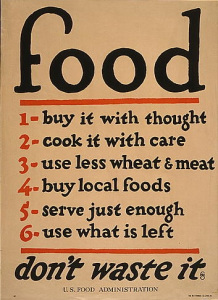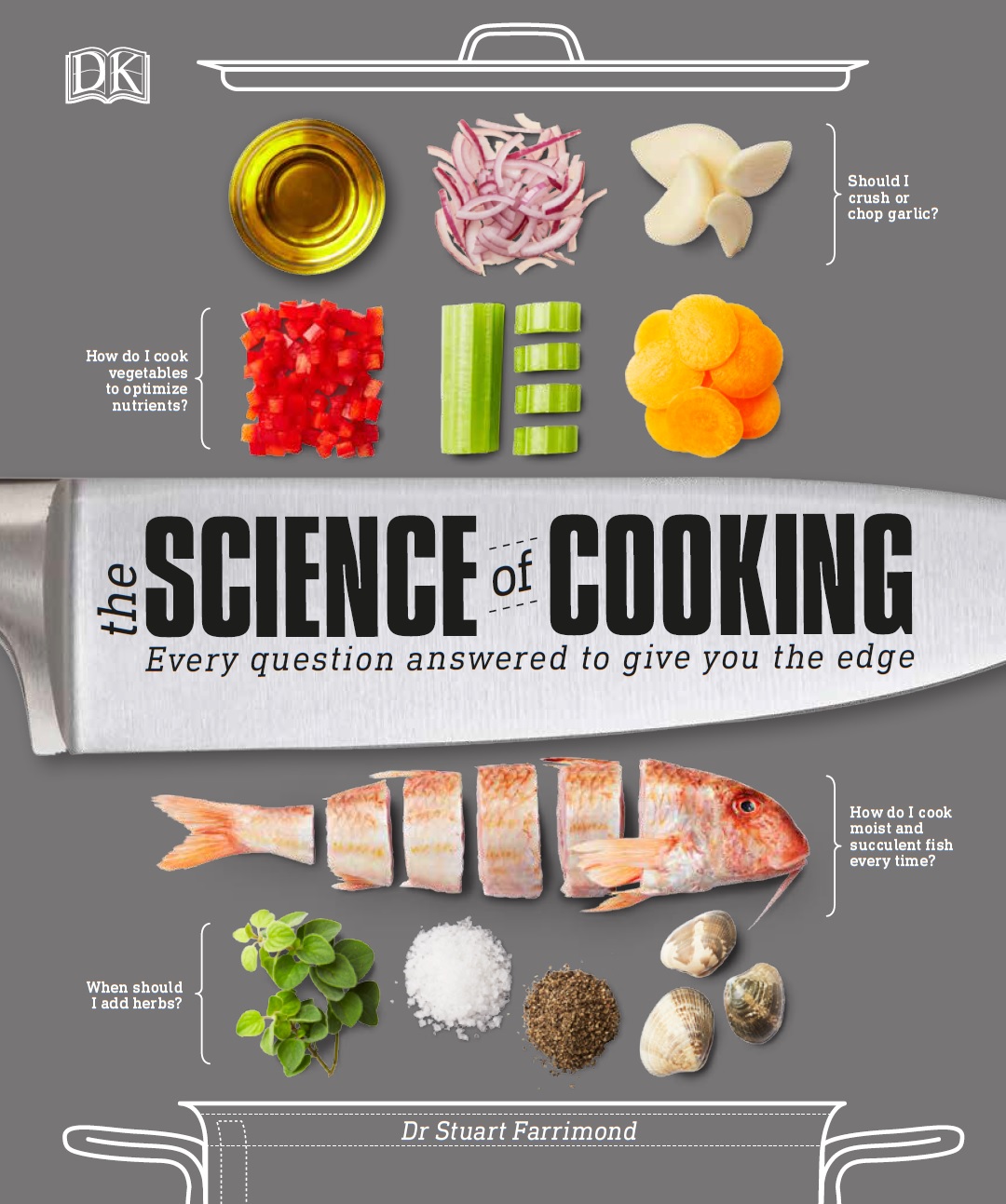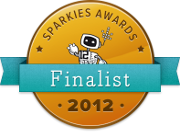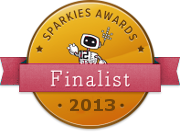 Tonight’s meal will be steak with all the trimmings and I can’t wait. Nothing – bar a heard of wildebeest running through the dining room – will stop me from finishing it. For I know it will be delicious and that the meat was expensive. My mother has taught me well: ‘waste not, want not.’
Tonight’s meal will be steak with all the trimmings and I can’t wait. Nothing – bar a heard of wildebeest running through the dining room – will stop me from finishing it. For I know it will be delicious and that the meat was expensive. My mother has taught me well: ‘waste not, want not.’
Many of us believe it is important to eat everything on our plate. I have yet to find anyone who wasn’t told by their parents at some point to “Clear your plate – and think of all the starving children in ______” It’s the kind of parenting instruction that seems common-sense but it not taught everywhere; in several East Asian cultures, for example, it is far more courteous to leave some leftovers at the end of a meal. Our peculiar attitudes to plate-clearing are almost certainly a throwback to wartime health campaigns. In years of hardship through both World Wars, government posters would read “Leave a clean dinner plate: thousands are starving in Europe”. Oh, how times change: In 2015, one in four adults in the UK are obese (in the USA, it is one in three). Frighteningly, childhood obesity is also on the rise and today a third of all UK 10-11 year olds are overweight or obese.
The wider our gut is, the higher our risk of diabetes, heart attacks, strokes and an early grave. Rather than wiping clean a full plate, many of us would do better to leave some behind – or use a smaller plate. For many of us, eating everything that is put in front of us is an automatic reflex.
Some nutritionists say our inability to limit what we eat comes from outdated parenting habits. Research also suggests that telling a child to “eat up” we are teaching them to ignore their body’s “I am full” signals and to keep on shovelling food in, regardless of how they feel. Experiments show that children who are raised to “always clean their plate” go on to eat larger portions and may be at increased risk of obesity in later life. The scientists are now telling us that we shouldn’t bribe a child into finishing a main course with the promise of dessert. They say that we should simply serve healthy food and encourage youngsters to eat naturally and intuitively.
Of course not everyone agrees. Some parents insist that telling a child to “stop when full” is pandering to their whims and encouraging them to be fussy eaters. No doubt there are many ‘nutrition experts’ who have yet to face a screaming five year old who refuses to eat their greens. In such situations, it would be difficult for any parent to be told to avoid strict dinnertime rules.
 But even if the ‘clean plate club’ may be a thing of the past, not all the wisdom of yesteryear belongs in the bin. One health poster from 1917 gives advice that is truly timeless and we would all do well to heed:
But even if the ‘clean plate club’ may be a thing of the past, not all the wisdom of yesteryear belongs in the bin. One health poster from 1917 gives advice that is truly timeless and we would all do well to heed:
“Food:
- Buy it with thought
- Cook it with care
- Use less wheat and meat
- Buy local foods
- Serve just enough
- Use what is left
Don’t waste it!”
Thanks for reading – all opinions expressed are my own. Feel free to add your thoughts in the comments below.
Follow @realdoctorstu









Really like this article, I feel obesity is on the rise because of a lack of knowledge of healthy eating and food nutrition. Schools do a little but more could be done, extra home economics and healthy cooking classes. Educate the young generations as well as the old! Cheap food is widely available but it tends to be fast food, convenience food and processed rubbish. The fresh fruit and vegetables are getting more and more expensive to buy, if the government wants to reduce obesity and cut down on nhs costs it needs to educate people help make fresh/healthy produce cheaper and more available. If you have time to eat you have time to cook it 😉
Posted by wendy giles | January 7, 2015, 10:49 pmThanks for your comment Wendy!
It really does seem that people are cutting out the fruit and veg when everything gets more expensive: http://www.telegraph.co.uk/foodanddrink/healthyeating/10423536/Nearly-one-in-five-adults-across-the-UK-are-eating-less-fruit-and-veg-as-prices-soar.html
When you can buy a large frozen pizza and feed a family for a couple of pounds, why would anyone spend at least twice that and have to cook?
Posted by Stuart Farrimond | January 7, 2015, 11:04 pm